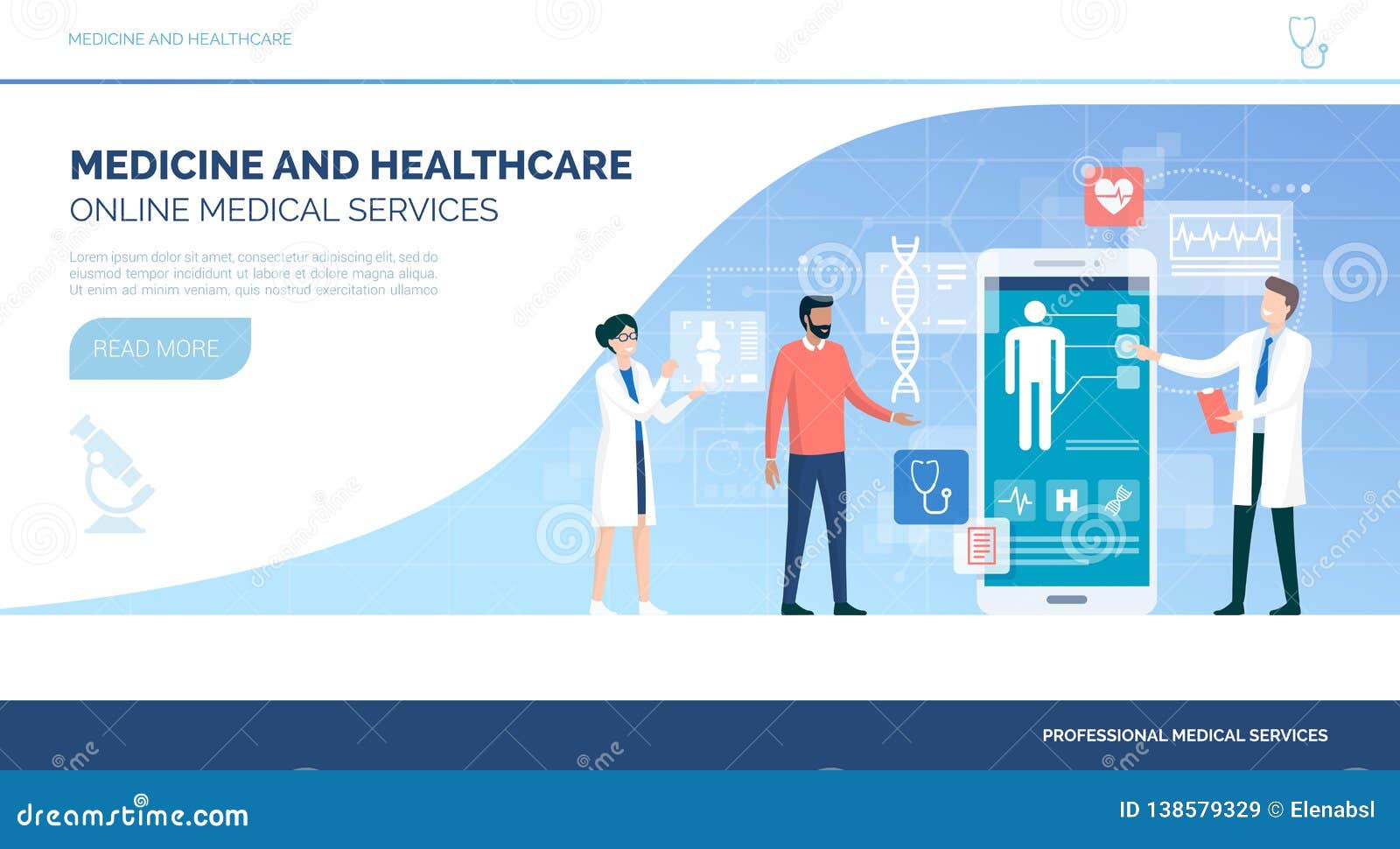A Comprehensive Overview to Subscription Based Healthcare: What You Required to Know
A Comprehensive Overview to Subscription Based Healthcare: What You Required to Know
Blog Article
The Increase of Subscription-Based Health Care and Its Impact on Individual Treatment
As medical care evolves, the subscription-based model is getting grip, guaranteeing to revolutionize individual treatment by providing predictability and access. The possibility for these versions to improve healthcare distribution elevates pressing questions regarding their long-lasting sustainability and inclusivity. Are these registration services the future of medical care, or do they take the chance of leaving prone populaces behind?
Recognizing Membership Health Care Designs
Grasping the idea of subscription health care versions involves checking out a transformative technique to clinical services that highlights cost and accessibility. These versions, typically referred to as direct medical care (DPC) or concierge medication, have become innovative alternatives to traditional fee-for-service healthcare systems. Registration health care permits clients to pay a set month-to-month or annual charge for a specified set of medical services, which might include endless office visits, routine examinations, and standard lab tests, without the requirement for standard insurance invoicing.
The structure of membership healthcare designs is developed to simplify client treatment by removing third-party payers and intricate payment codes, thereby decreasing management concerns. Doctor can focus more on individual treatment, fostering stronger patient-provider relationships. This design additionally advertises preventative treatment by motivating normal visits, as the financial obstacle of per-visit charges is removed.
The registration design typically equips health care providers to manage smaller sized client panels, allowing for more customized care. It lines up monetary rewards with person health end results, as providers are encouraged to preserve person complete satisfaction and well-being. On the whole, understanding subscription medical care designs calls for acknowledging their potential to improve just how treatment is delivered and accessed.
Advantages for Service Providers and patients

With a constant profits stream, medical care experts can commit even more time to each person, leading to an extra tailored and detailed treatment experience. The emphasis on precautionary treatment within subscription strategies can lead to much better patient results and reduced long-lasting healthcare costs.
Problems and difficulties
While subscription-based health care models present numerous benefits, they additionally feature a collection of challenges and problems that must be dealt with. First, ease of access stays a significant issue, as these designs often target individuals that can pay for month-to-month costs, possibly omitting low-income populations. This increases honest concerns about fair accessibility to medical care solutions. Furthermore, the different nature of registration plans can result in complication among people concerning coverage specifics, possibly leading to unmet assumptions or inadequate care.
Financial see this website sustainability of subscription-based designs is one more worry. Providers should stabilize the set earnings from subscriptions with the variable costs of medical care solutions, which may change as a result of unpredicted medical demands. This can create stress to limit solutions or increase charges, possibly impacting patient complete satisfaction and care quality.
Furthermore, governing oversight of subscription-based healthcare models is still advancing. The lack of standard frameworks can bring about irregular service top quality and responsibility, making complex initiatives to ensure client defense. The assimilation of modern technology-- usually a foundation of these versions-- increases questions about data privacy and safety, as delicate person information could be vulnerable to violations. Addressing these obstacles is essential for the fair and successful implementation of subscription-based medical care.
Impact on Patient-Doctor Relationships
One considerable impact of subscription-based health care versions on patient-doctor connections is the potential for boosted connection and individualized treatment. By embracing a registration design, doctors can manage a smaller patient panel, enabling even more dedicated time with each person. This raised accessibility cultivates a deeper understanding of an individual's clinical background, lifestyle, and choices, allowing more customized treatment plans and interventions.

Nevertheless, it is necessary to acknowledge that while subscription-based models may profit those who can manage them, they could accidentally broaden health care differences. Patients who are incapable to join these models may experience lower accessibility to personalized treatment, possibly impacting their relationships with doctor. Therefore, while the membership design offers appealing benefits for patient-doctor connections, it additionally presents challenges that require to be addressed to make sure equitable medical care access.
Future of Health Care Gain Access To

The duty of innovation can not be forgotten in this transformation. Telemedicine systems and digital health records help with smooth interaction between clients and doctor, damaging site web down logistical and geographical obstacles. In addition, innovations in expert system and information analytics can better individualize treatment by anticipating individual requirements and enhancing treatment plans.
However, the future of healthcare access additionally presents obstacles, such as making certain equity throughout various socio-economic groups. Policymakers and doctor should work together to bridge the electronic divide, making sure that subscription-based designs remain inclusive and affordable. As these systems develop, they hold the assurance of making medical care a lot more available, efficient, and patient-centric.
Conclusion
Subscription-based healthcare designs are reshaping individual treatment by giving a stable cost structure and enhancing availability. The surge of subscription-based healthcare motivates positive client that site interaction, which has the possible to boost person end results and fulfillment, signifying a transformative change in medical care delivery.
As healthcare develops, the subscription-based model is gaining traction, promising to transform client care by offering predictability and ease of access.Subscription-based healthcare models supply unique benefits for both people and carriers, boosting the general health care experience.As health care systems progress, the future of healthcare accessibility frequently pivots on the assimilation of ingenious versions and modern technologies.Subscription-based healthcare versions are reshaping person treatment by offering a secure expense structure and boosting access. The increase of subscription-based health care encourages aggressive individual engagement, which has the prospective to improve patient outcomes and satisfaction, signaling a transformative change in health care delivery.
Report this page